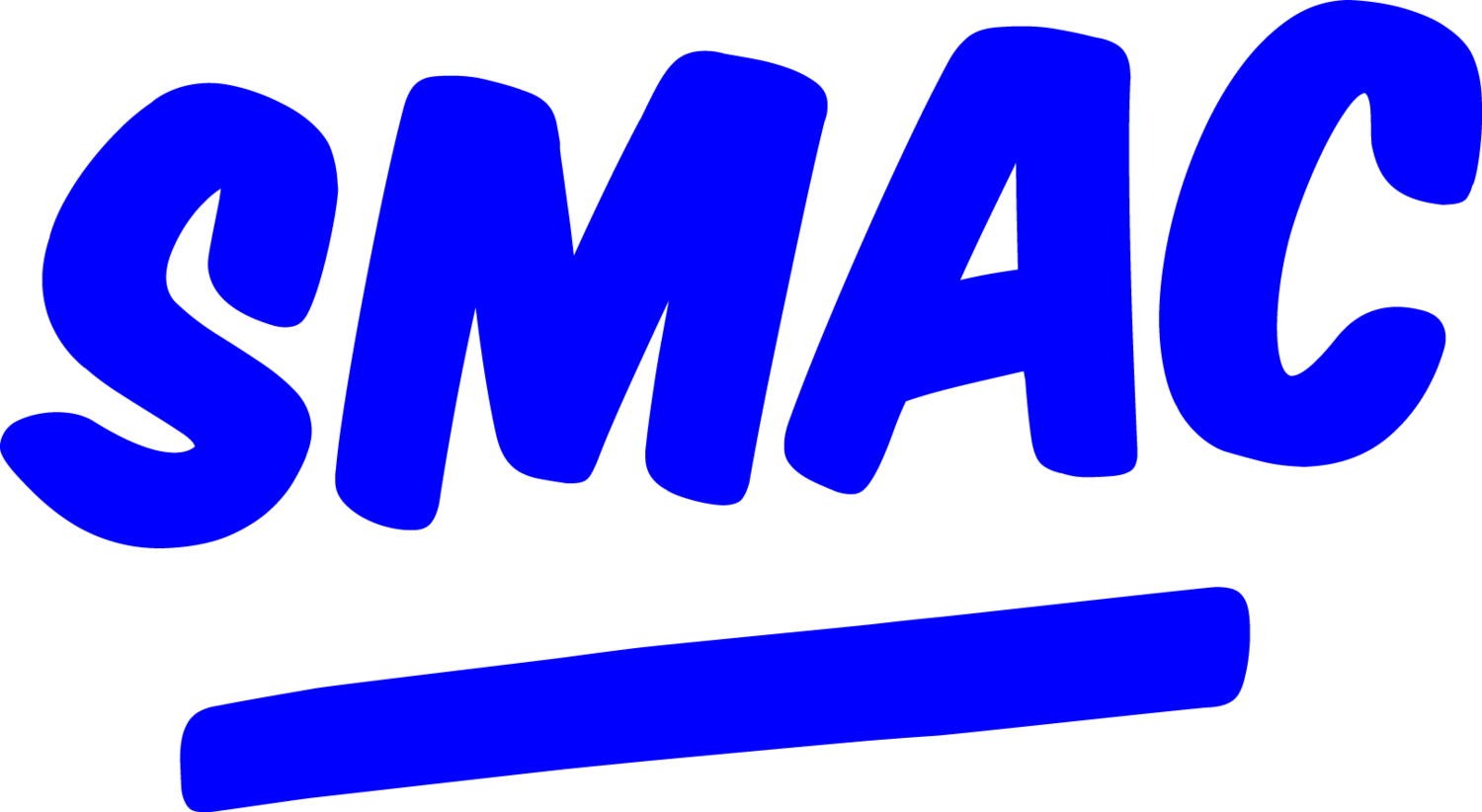Flashback — Meditations
on Memory and Film
Opening 18 September 2014 7pm
Exhibition 19 – 28 September 2014
Thu – Sat: 2 – 6pm / Sun: noon – 4pm
FLASHBACK is a video art group show including the
work of Ana Adamovic - Arnold Dreyblatt - Chris Gillis -
Dejan Kaludjerovic' - Anne-Mie Van Kerckhoven -
Jasper Rigole - Susan Youssef
The group show FLASHBACK attempts to give insight on the parallel mechanisms of film and memory. It exposes the blurriness of the line between film as a tool for human memory and as a device that misleads our mind. Seven international artists take their autobiographical memory as a subject for their art that in turn reflects into itself.
Plato’s final book of The Republic describes the Myth of Er. Er is a slain warrior who, to enter the gate of the underworld, must choose whether to drink from the river Lethe or the river Mnemosyne. Water of Lethe would let him forget his pain and terror, but compel him to be reborn to relearn the lessons of life. Water of Mnemosyne provides access to an eternal life in the Elysian Fields, an exquisite land of comfort and peace. The river Mnemosyne is named after the mother of all Muses. This female Mnemosyne was the daughter of Uranus (sky) and Gaia (earth) and personified memory. Classical literature sometimes credits her for being the first philosopher, and the inventor of words and language. It may seem striking that the memory is so connected to communication, but this connection actually has a long history. For example, Socrates objected to the use of communication tools such as writing and painting because of their ready knowledge infringement. Thousands of years later, the human desire to conserve all memories has increased. The capacity of one’s brain today is extended by an endless array of hard drives on the cloud; we can easily connect to these drives to render past events visible. Such apparatus not only diminishes our natural ability of memorizing, it strongly determines the form in which our memories appear. Douwe Draaisma, a Dutch psychologist and pioneer in the study of memory, exemplified this by supposing that black-and-white television started only to exist when color television was invented. The thought experiment indicates the power of communication tools on the formal presence of our memories.
Extending beyond the fascination for formal design of one’s memories, the exhibition FLASHBACK focuses on the impact of film on autobiographical memories. The exhibition features video works that explore new ways of remembering, where film teaches the human brain. The works come from seven international artists who breathe film. Dejan Kaludjerovic ́ (RS, AT) analyses a trivial children’s fight by questioning witnesses and reconstructing the footage of the recorded event into 29 snapshot slides. Contrasting Kaludjerovic ́’s reconstruction of a memory, Belgian artist Jasper Rigole compares the fading of a film image to the fading of an imaginary memory. Rigole established the International Institute for the Conservation, Archiving and Distribution of Other People’s Memories, and uses lost evidence of forgotten memories. The works of Anne-Mie Van Kerckhoven (BE) and Susan Youssef (LB) each have a deeply personal touch. Both artists demonstrate the nostalgic feel of a lost childhood. Van Kerckhoven recorded her parents’ house just after her father died in 1986. The video shows relics of a family history. A touching video is made by Ana Adamovic (HR), which features an old woman “seeing” her memory by the sound of a song from the childhood. Belgian artist Chris Gillis (BE) evokes the unconscious process of reminiscence by presenting corridors as an intelligible location of particular memories. Arnold Dreyblatt (US) takes a different approach to the exhibition theme is given. His Flashbulb Memory cheats our brains by flashing words in the dark which are only visible in the mind, after the flash. The flashing elucidates action from the complex mechanisms of the brain, questioning how we embed film in our memory.
Curated by Masha McConaghy and Charlotte Van Buylaere.


